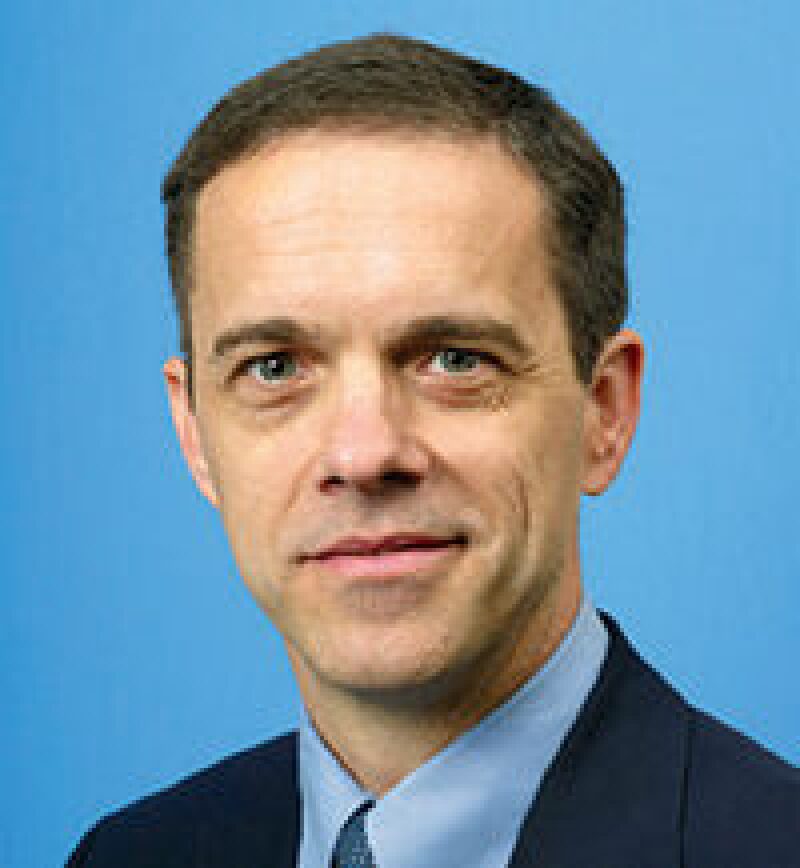I recently attended an internal conference in my company where one of the major topics was unconventionals, and I was shocked at how little I knew. Sure, I have followed at some distance the business and technical trends that have shaped this still-emerging opportunity set, but this was my first exposure to behind-the-scenes experiences with both the technical and nontechnical challenges. I found that relatively little of my typical analysis and engineering toolbox was being applied, at least not in the ways that I used to apply it. Whereas, in the mainstream of our industry, we are driving integration—subsurface with surface, static with dynamic Earth models, plant information to business decisions, real-time operations to activity planning to business planning—at a fairly mature level, to obtain a truth that is consistent enough for solid business decisions, I found in unconventionals a heavy reliance upon quick learning based to a relatively large extent on empiricism.
The preference for more of a do/learn/do approach in unconventionals arises from a business and technical context that is radically different from that which many of us are used to. Technically, the quality of the reservoirs is typically highly heterogeneous and generally poor (at least by traditional measures), such that the a priori predictability of well performance is often poor (among other technical challenges). Well costs and per-well rates and recoveries are low compared with most of the major conventional developments of the last decades, so the penalty for getting a single poor-performing well is more easily tolerated. The challenge is how quickly and consistently you can deliver good performance in a particular field and how well you can apply learnings from this field to the next one. This implies the development of a sufficient model so that you can move away from a trial-and-error approach.
Of course, intelligent-fields technologies are being applied already in these emerging areas, including technologies to predict productivity and optimize well design while drilling, distributed seismic and sensing, automated sensing and handling of liquids loading, and novel well-testing and allocation methods. Active research in novel processing, both surface and downhole, looks to improve product quality, to reduce emissions during production, and to enable marginally commercial fields. Significant current investments in modeling and analytical techniques and efforts to use computing capacity better promise to improve our models, which are still our integration of Earth and production data for these developments, and to close modeling gaps, which are large when compared with more-traditional plays. Yet, the number of intelligent-fields papers in this area remains modest, suggesting a good opportunity for those of you leading the industry here.
Additional Reading
SPE 159550 Closed-Loop Feedback Control in Intelligent Wells: Application to a Heterogeneous, Thin Oil-Rim Reservoir in the North Sea by F.A. Dilib, Imperial College London, et al.
SPE 159634 Increased Oil Production at Troll by Autonomous Inflow Control With RCP Valves by Martin Halvorsen, Statoil, et al.
IPTC 16598 Harnessing Intelligent-Field Capabilities for Early Understanding of Reservoir Behavior and Proactive Decisions by Amer H. Abuhassoun, Saudi Aramco, et al.


